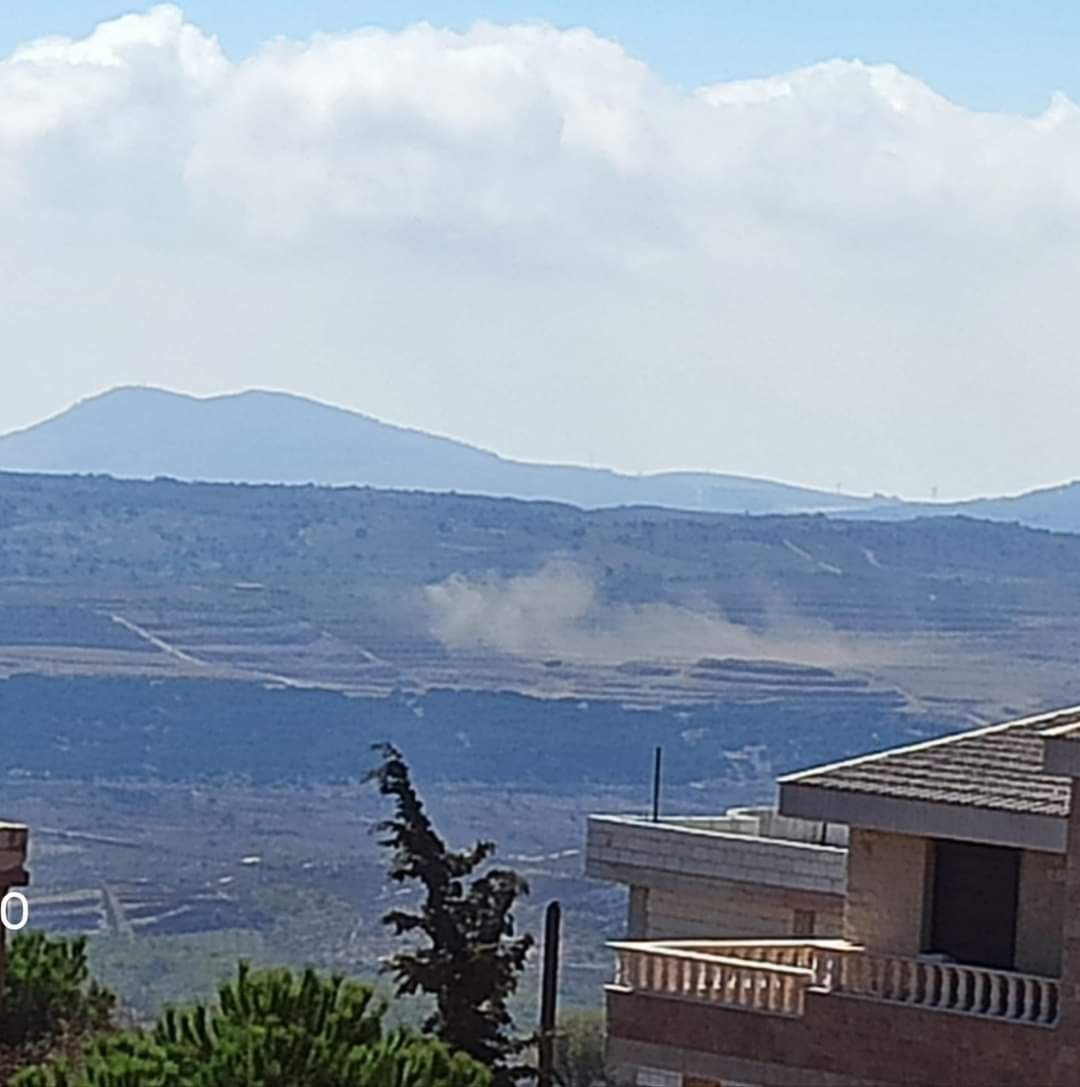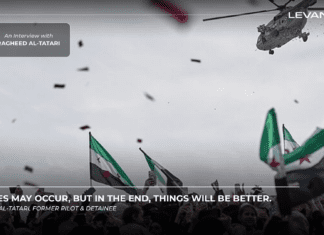
The recent Israeli occupation in southern Syria has raised serious concerns about the failure of both the Assad regime and its allies to act against Israeli expansion. Despite being part of the so-called “Axis of Resistance,” which includes Iran and Hezbollah, the Assad regime has remained conspicuously silent in the face of Israel’s continuous violations of Syrian sovereignty.
Reports from local sources, confirmed by Syria TV, indicate that Israeli occupation forces entered several villages in the Quneitra Governorate, notably Kodna and Al-Asha. Israeli forces not only shelled the Sarasara area south of Hadar, but also bulldozed forests, uprooted fruit trees, and established bunkers and earthen barriers before leaving. These incursions, which involve the construction of a dirt road and a new security fence deep inside Syrian territory, have extended over more than 70 kilometers. This has all occurred without any response from the Assad regime, despite the presence of his military, particularly the 90th Brigade, which has been on high alert in the region.
Israel has implemented a de facto annexation of Syrian land. All in full view of the Assad regime’s forces, who have taken no significant action to counter these developments. The regime’s passivity extends beyond rhetoric. Despite its alliance with Hezbollah and Iran – who claim to resist Israeli expansion – Assad has not mobilized its forces against these incursions.
Reports from Syrian military intelligence and local activists indicate that commanders have ordered paramilitary units to withdraw from areas close to Israeli forces, notably in the southern Quneitra countryside. Orders were also given to fighters from Iranian-backed Iraqi factions not to engage with Israeli troops. According to sources quoted by Reuters, these fighters have been explicitly told to avoid confrontations.
The Syrian Network for Human Rights (SNHR) has been one of the few organizations to publicly condemn Israel’s actions in southern Syria. Since mid-September 2024, SNHR has reported multiple incursions by Israeli forces, including the use of tanks, bulldozers, and trench-digging equipment to penetrate as much as 200 meters. These actions have destroyed agricultural lands, including olive groves, and the construction of observation points along newly dug trenches. SNHR’s report makes it clear that these violations go beyond mere border security; they constitute acts of aggression and land theft, facilitated by the lack of resistance from the Assad regime.
SNHR criticized the regime’s failure to protect Syrian sovereignty. Noted that the regime has allowed Iranian-backed militias to operate freely within its borders while turning a blind eye to Israeli airstrikes and ground incursions. The SNHR emphasized that this passivity could encourage further Israeli annexation of Syrian territory, particularly as regional instability continues and international attention remains diverted by other crises.
Russian Ambassador to Israel, Anatoly Viktorov, warned Israel of the risks posed by its military activities, particularly the threat to Russian forces stationed in Syria. While Moscow maintains a complex relationship with Israel, balancing cooperation on certain security fronts with frustration over Israel’s unrestrained military operations in Syria. Viktorov conveyed its concerns through diplomatic channels, urging Israel to act with caution, especially as it intensifies its military presence along multiple fronts in the region. Russian forces have withdrawn from certain positions in Syria, such as Tel al-Hara in Daraa, as part of informal understandings with Israel aimed at avoiding direct conflict between the two nations.
Hezbollah, which operates openly in southern Syria, has not responded to Israel’s land grabs or incursions. Similarly, Iran, which has used Syria as a base for its operations, has done little to challenge Israeli moves in Quneitra and the Golan Heights. According to reports, this lack of response is part of a broader strategy by both the Assad regime and its allies to avoid direct military confrontation with Israel, particularly in light of regional tensions following the outbreak of the Gaza war.








